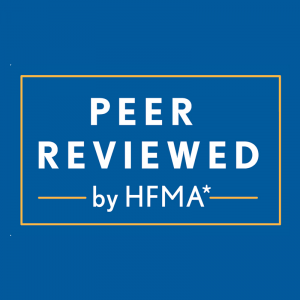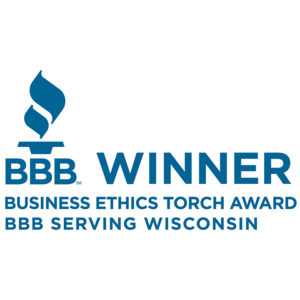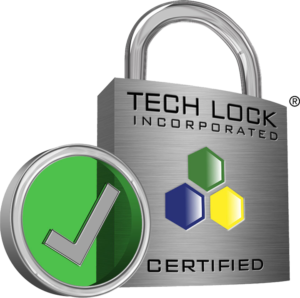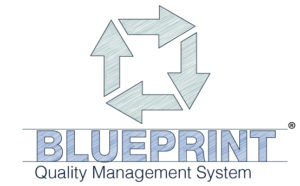What do the Federal Communication Commission and the TCPA (Telephone Consumer Protection Act) have to do with you as a healthcare provider? There has been significant increase in TCPA class action lawsuits against providers and debt collectors in the last year – nearly 500 cases were filed between January and April 2014, compared to approximately 380 in all of 2013.
These cases are surrounding obtaining express consent to call a patient on their cell phone using dialing equipment. Why? The majority of you are obtaining some form of written consent to call a patient at the contact information given at the time of service. This gives you and anyone that is an agent of yours the opportunity to use that contact information to contact the patient regarding their bill. Some recent case law, particularly the Federal District court in Mais v. Gulf Coast Collection Bureau, Inc., 944 F. Supp. 2d 1226, 1239 (S.D. Fla. 2013), states: “There is no indication that the FCC intended its ruling to apply to medical care transactions.” That sounds like it is a good thing, right? It is not! Read on.
The Court in Mais ruled that a medical provider does not fall under the category of a creditor under the TCPA. Because a medical provider is not considered a creditor under the TCPA, consent to call a cell does not apply to any agent affiliated with the provider. The ruling states that consent to call the cell phone of the patient was only given to the hospital, not to the independent contractor defendant, which was a hospital-based radiology provider in this case. If the interpretation of the “prior express consent” defense remained binding authority, each individual healthcare provider – regardless of whether they were providing related or simultaneous services – would be required to obtain separate written consent forms from the patient to be contacted by an automated call system to avoid liability under the TCPA. Therefore, separate written consent would have to be obtained by each “creditor” provider, including the hospital, radiologist, emergency room, each treating physician, pathology, and every other entity or individual providing any form of medical service.
This makes no sense. It would mean that an emergency room facility – located within the same premises as the hospital – to which the patient provided their phone number voluntarily would have to obtain separate consent to contact that patient even though the hospital and emergency room had the right to share information regarding the patient’s treatment and related matters under HIPAA.
What has been done to try and remedy this situation? On May 5, I attended a meeting with the FCC along with three other industry experts and TCPA Attorney, David Kaminski, to bring this specific concern to their attention in order to obtain clarification on the law. We met with Kurt Schroeder (Division Chief, Consumer Policy Division & Information Access & Privacy Office, FCC Consumer and Governmental Affairs Bureau), Aaron Garza (Legal Advisor, Office of the Bureau Chief, FCC Consumer and Governmental Affairs Bureau), and Kristi Lemoine (Attorney Advisor, Consumer Policy Division, FCC Consumer and Governmental Affairs Bureau).
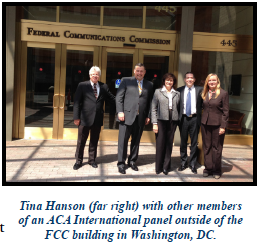
As a result of our meeting, we made the following requests to the FCC:
- To declare that if a consumer or patient voluntarily provides their cell phone number to a healthcare provider, this establishes prior express consent under the TCPA for all entities with whom the consumer’s protected health information (PHI) is shared. This means the billing company, the first party outsourcer, the collection agency, or anyone with a business associate agreement or provides healthcare services in conjunction with that patient’s care (radiology, lab, etc).
- To clarify that a healthcare provider to whom a medical debt is owed constitutes a “creditor” as that phrase is used in paragraph 9 of the FCC2008 ruling.
- Declare that when a patient is incapacitated, the providing of a cell phone number to any healthcare provider on behalf of the incapacitated party – by a spouse, parent, representative, agent, partner or employer of the patient – constitutes express consent under the TCPA.
- Last, we encouraged the FCC to clarify that when human intervention is required to initiate a call to a cell phone made through the use of the automated dialing equipment, such a call does not constitute a call made via an ATDS (automated telephone dialing system) as defined by the TCPA.
The Mais case is currently on appeal with no decision yet. We cannot, however, count on the lower courts to rule in favor of the industry. It is imperative that you too get involved at a state level by getting word to your senators and congressional representatives. You can review your own processes to ensure that you are, at a minimum, obtaining consent from the patients today; hopefully this is written consent and the FCC will make a decision soon. We too are working with our association to get a vehicle for contacting our legislators about this matter that will be shared with all our customers to use as well.
We will keep you posted – look for more details to come.
About State Collection Service, Inc.
Since 1949, State Collection Service has provided quality collection service to countless healthcare organizations.
Through experience and innovation, State Collection Service has grown to become a tremendously credible and nationally-recognized collection agency offering services from pre-registration to bad debt. It is upon the basis of ethical behavior and a dedication to integrity that each State Collection Service employee works to uphold the company’s vision – Partnerships for a Lifetime.
*This article first appeared in “A State Collection Service, Inc. Newsletter Volume 20, Issue 2, Second Quarter 2014”




